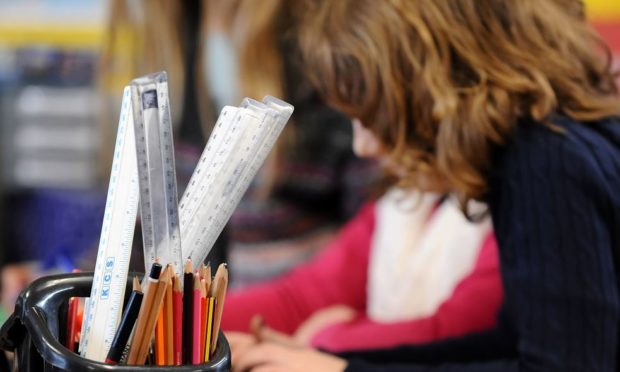Starting secondary school can be a huge source of anxiety for children and their parents.
Your child will be in a new environment and will have to learn to make new friends, which can be a scary thought for some children. They will also gain more independence than they have ever had, which can be daunting for the parent.
Your child will need some time to adjust and figure out their new routine. To help your child transition to secondary school, follow the below tips:
Practice the school run – Is this the first time your child will be making their own way to school? Whether they are walking or getting the bus, practice a couple of school runs before the first day of term. This will make them familiar with the route, and help them feel comfortable about getting to school. This means it’s one less thing for them, and you, to worry about.
Reassure them – They will have been in the same class at primary and had the same circle of friends for a number of years, and now they will be in classes with people they don’t know. It can take time to build friendships so reassure them that everyone is in the same boat. If you’re worried about them making friends, arrange play dates with other kids who will be attending the same school so there are familiar faces when they get there.
Build their confidence – let them know they are doing a great job. By building their confidence you are raising their self-esteem. Children with high self-esteem are not only happier, but are more likely to have a wide circle of friends and less likely to be bullied.
Give them independence – Your child will be looking after their own timetable, homework, and getting themselves to school. Give them some independence at home such as sorting their school bag the night before and creating their own homework schedule. In the lead-up to the new school term starting, gradually increase their responsibilities, such as setting their own alarm clock in the morning, so when they start school they will feel more comfortable being in control of their routine.
Build a routine – Create a routine and set expectations for your child; agree what time they need to wake up at in the morning, and agree when they should do their homework every night, e.g. after dinner. This will help your child understand what is expected of them and encourage their independence, while allowing you to have some involvement.
Your child is growing up and they might be excited about the freedom that comes with transitioning to secondary school, or they might be feeling anxious about leaving the comfort of primary school behind. Listen to any concerns your child has and use the days and weeks leading up to the new term to help prepare them for this new chapter of their life.
